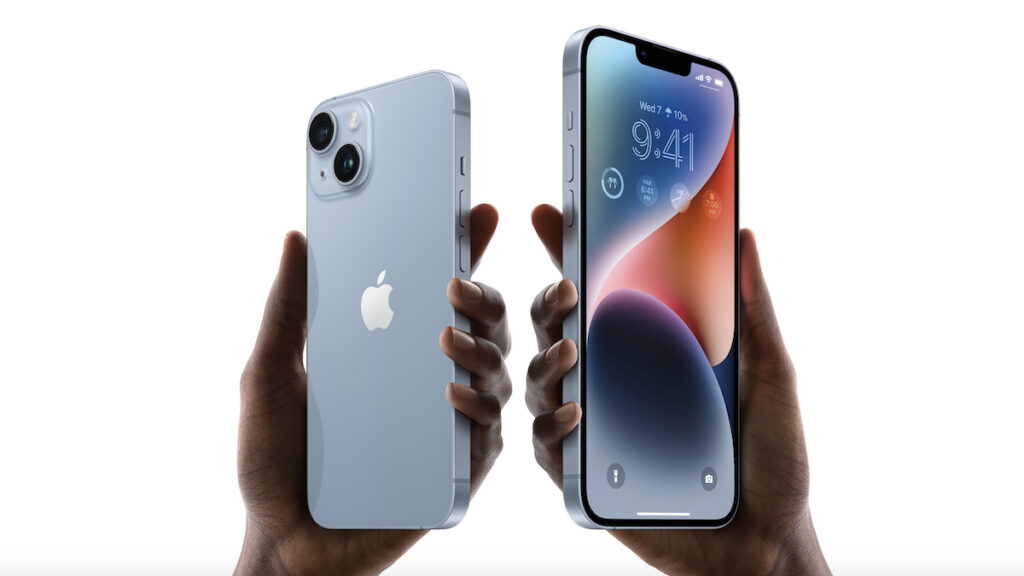Apple’s technology continues to get more advanced with every new iPhone, but one new feature may not have worked out all its kinks. The brand new iPhone 14 and Apple Watch come with a car crash detection feature that alerts first responders and one’s emergency contacts if they get in an accident, but as The Wall Street Journal reports, some phones have sounded the alarm after detecting the speeds and drops of a harmless rollercoaster.
Apple uses sensor data to determine if a crash occurred, but the experiences of folks who have (inadvertently) used the new feature suggest that any sudden drop could trigger the emergency call. One woman with a brand new iPhone 14 Pro attended Kings Island amusement park near Cincinnati this September, and after riding the Mystic Timbers rollercoaster — which goes up 109 feet in the air and travels at 50 miles per hour — saw that her phone had called emergency services. Six phone calls have been triggered by rides at that particular amusement park, while similar incidents have occurred at Six Flags Great America near Chicago.
In New York City, a man’s iPhone 14 Pro Max flew off the handlebars of his motorcycle and alerted his mother and girlfriend of a crash. Though his loved ones were worried about his well-being, the rider was fine and decided to buy a new phone, thinking the original was gone forever.
The default setting on new iPhones has Apple’s crash detection feature enabled. If the phone detects a car crash, it warns the user for 10 seconds that it will call emergency services. After that, it counts down for 10 more seconds with an alarm sound before calling 911, providing details about the user’s location. If the user has emergency contacts listed, it will send them a text notifying them of an accident.
Interestingly, the message new iPhones relay to 911 says that “The owner of this iPhone was in a severe car crash and is not responding to their phone,” while text messages sent to emergency contacts say only that a crash was “detected.” Still, while one of these messages is a lot more authoritative than the other, it’s easy to see how receiving either of these alerts could cause stress — especially, in this case, unnecessarily.
Despite these rather concerning false alarms, it’s worth noting that the car crash detection feature has actually done its job. In Nebraska, a car hit a tree and killed all six of its passengers. Though no one was around to call for help, one of the passenger’s phones alerted the authorities.
An Apple spokesman told The Wall Street Journal that it had validated its crash detection algorithms using over a million hours of crash data, real-world driving, and crash-test labs, but added that the company would continue to improve its technology over time. Until then, however, if you buy the iPhone 14, you might want to put it on airplane mode before heading to Six Flags.

